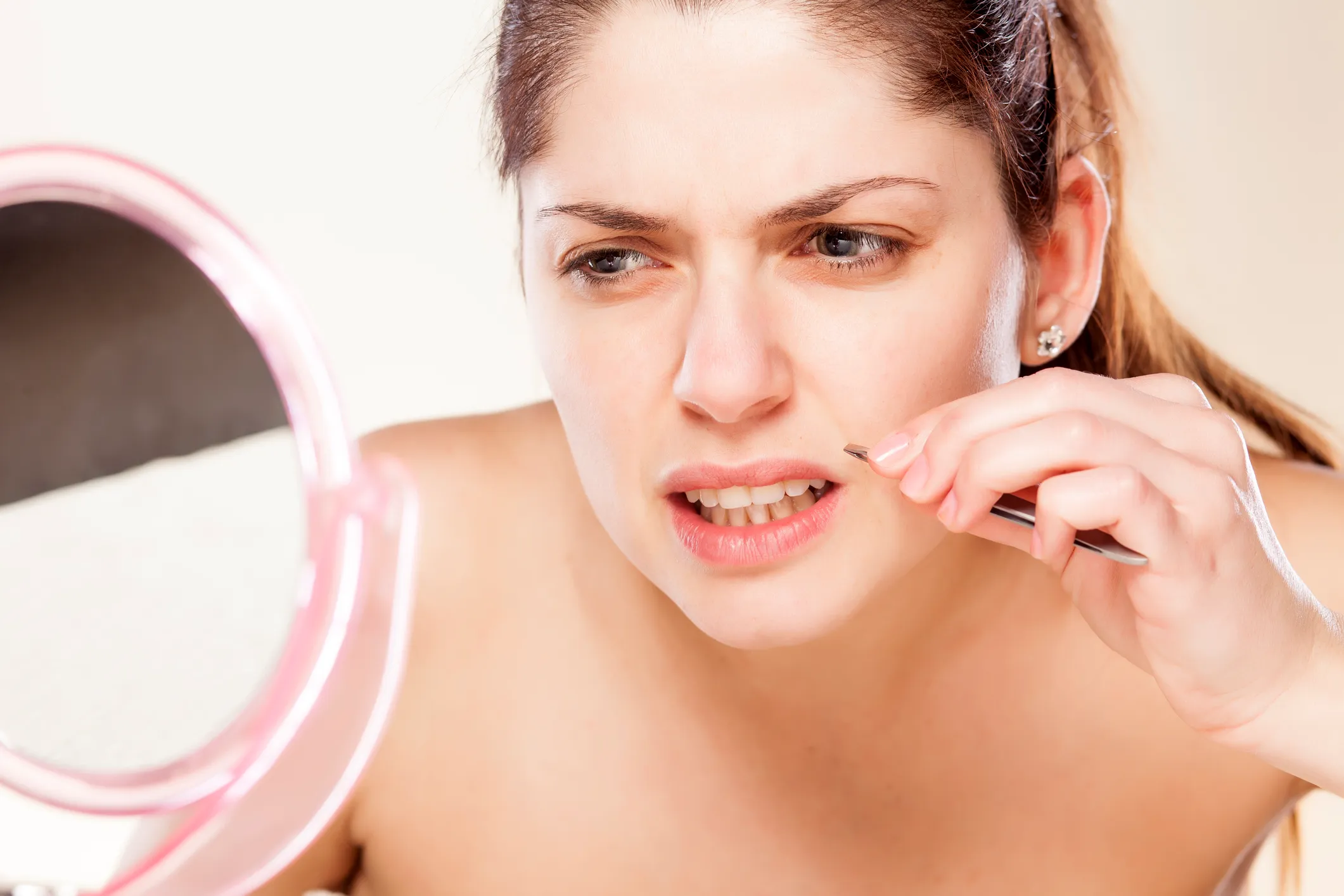The word "testosterone" often conjures images of men with well-defined, chiseled muscles, deep voices and energetic libidos.
Testosterone, which belongs to a class of hormones known as androgens, is found in men and made primarily in their testicles. In addition to its effects on muscles and libido, it plays a vital role in things like mood, production of sperm and where fat is stored in the body.
But testosterone doesn't belong only to men. The hormone is also found in women, where it's manufactured in their ovaries and adrenal glands, though in much smaller amounts than in men.
Learn about the reality of testosterone therapy.
This mostly male hormone plays a delicate balancing act: Too much testosterone in boys can bring on premature puberty; too little can result in delayed puberty. Too little in men can result in fatigue, decreased sex drive and irritability.
Hormone levels continually change, rising and falling even by the minute. Testosterone levels typically decline with age, both in men and in women. But sometimes, the balance shifts in the opposite direction, and testosterone, rather than drop, will climb.
Excess testosterone can cause unwanted effects and troubling symptoms for women, including:
- Menstrual irregularity or absence of periods
- Excess body hair
- Hair growth on chin or upper lip (hirsutism)
- Acne
- Enlarged clitoris
- Balding, especially around the hairline
- Increased muscle mass
- Changes in body shape
- Decreased breast size
- Oily skin
- Deepening of the voice or hoarseness
Research has found a possible correlation in midlife women between high levels of both testosterone and estrogen and the risk of developing uterine fibroids, which are benign tumors of the uterus.
Polycystic ovary syndrome (PCOS), which can lead to infertility, can result in high levels of testosterone. About 10 percent of women with high testosterone levels also have PCOS.
If you suspect high testosterone, talk to your health care provider, who can perform a physical examination and laboratory tests, depending on your symptoms, for confirmation.
A woman with high testosterone may choose to treat the symptoms alone (like using an anti-acne medication or a serum to boost hair growth). There are also medical treatments—depending on the cause of the excess androgen production— which include surgery, or oral contraceptives alone or in combination with antiandrogens, or other combinations of hormone therapy.


